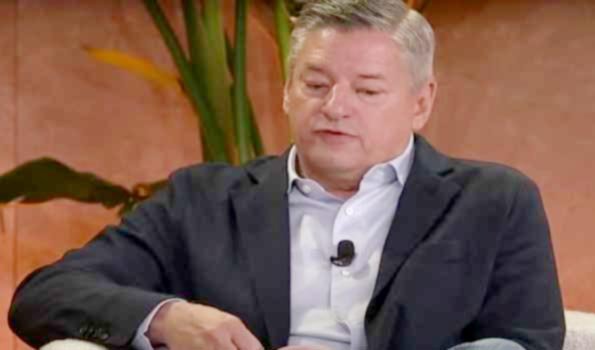New Delhi, Apr 24 (UNI) In a significant move aimed at bolstering environmental compliance in the National Capital Region (NCR), the Supreme Court on Thursday issued a series of stringent directives to ensure the effective implementation of the Solid Waste Management Rules, 2016.
A bench, comprising Justices Abhay S Oka and Ujjal Bhuyan, ordered the States of Haryana, Rajasthan, Uttar Pradesh and Delhi to immediately designate senior-ranking nodal officers tasked with overseeing the segregation and collection of solid waste.
These officers will supervise the end-to-end compliance process and will be responsible for submitting regular reports to the Court, starting from September one.
“The nodal officers shall ensure compliance with segregation norms and file regular compliance reports. As and when such reports are submitted, the Registrar (Judicial) shall ensure they are placed before this Court,” the bench directed.
Emphasizing the need for strict enforcement of the Rules, the top court observed that penalties must be imposed in cases of non-compliance. The justices highlighted that without rigorous adherence to the norms, the core objectives of the 2016 Rules cannot be fulfilled.
The Court also mandated the NCR states and the Municipal Corporation of Delhi (MCD) to submit data on the penalties imposed for violations of the Solid Waste Management Rules.
The Court directed that public awareness campaigns be launched to educate citizens about available grievance redressal mechanisms related to solid waste management.
Addressing the broader concern of increasing waste due to rapid urban development, the Supreme Court took note of the mounting challenges posed by construction and urbanization.
It directed all NCR states to undertake a realistic 25-year waste generation projection and to outline measures being adopted to prepare for the growing waste burden in urban areas.
“All State Governments must file affidavits detailing steps taken in this regard by or before September one, 2025. These affidavits must be submitted by the designated nodal officers and shared with the learned Amicus Curiae,” the bench ordered.











